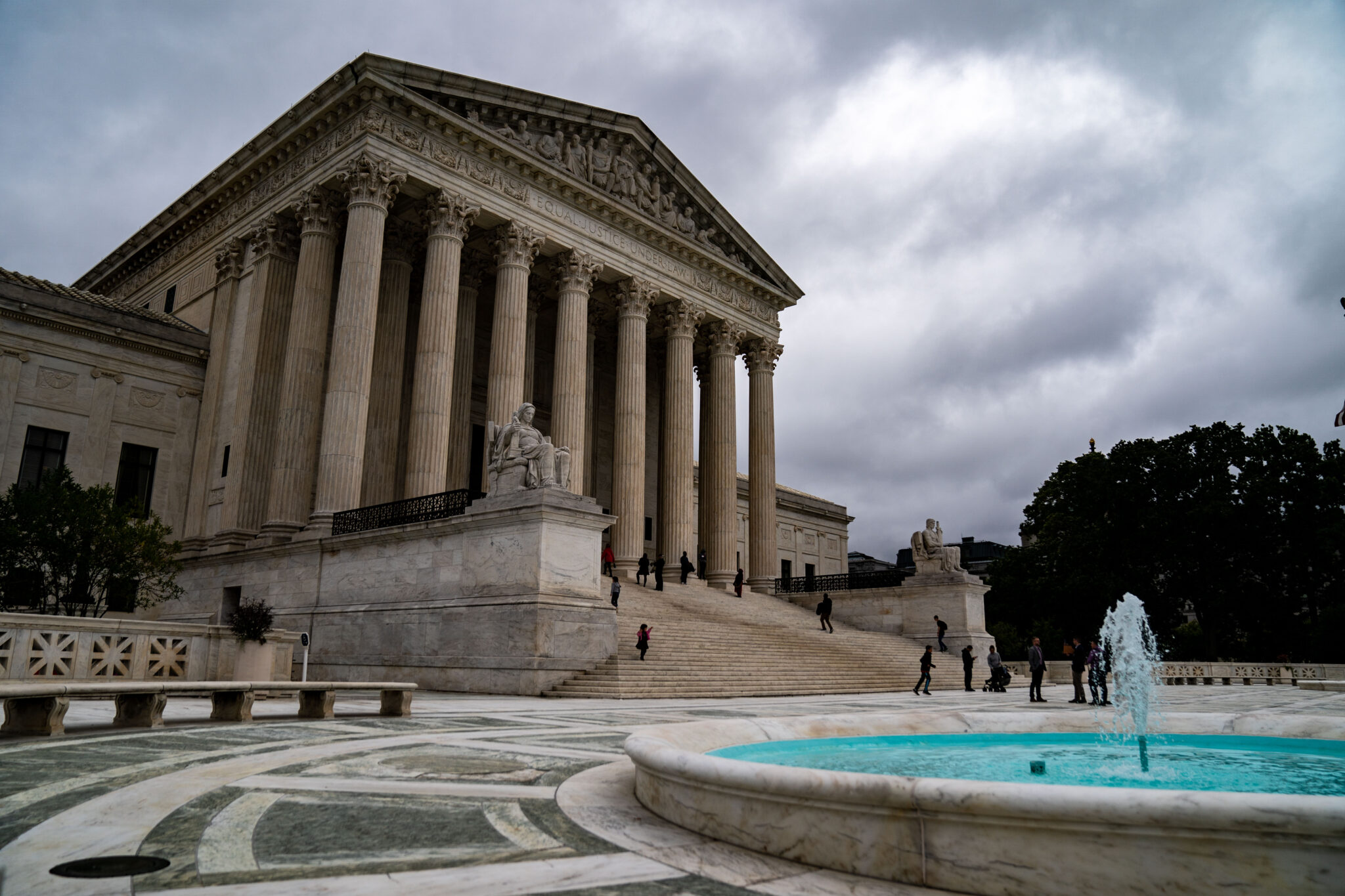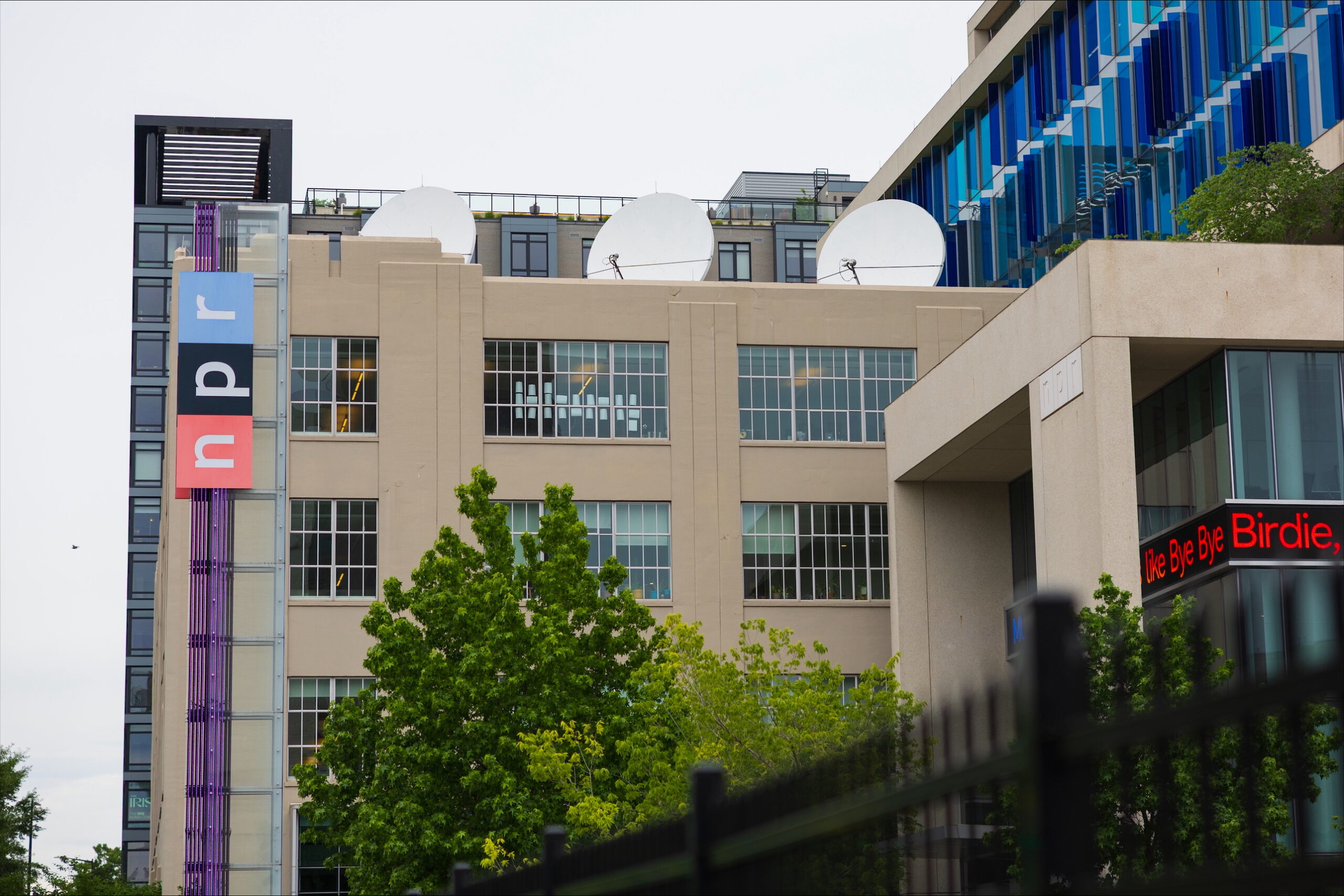
Supreme Court sides with Trump's lawlessness
Six justices just ruled that Trump is free to violate millions of people’s constitutional rights, and nothing can stop him until a months or years long Supreme Court battle plays out.

The Road Ahead
About Us
Building a Government that Works for All of Us
With the support of over 1.5 million members, Common Cause wins concrete, pro-democracy reforms that break down barriers to participation, promote accountability, and ensure that each of us has a voice.
Petition
Tell Trump and Bondi: DROP the attacks on Mamdani
In our democracy, you have to debate your political opponents, NOT jail and deport them.
Zohran Mamdani belongs here. He made his case to the people of New York City and won their votes – and now those votes must be respected.
You cannot silence hope with fear. President Donald Trump and Attorney General Pam Bondi must stop these shameful attacks against Zohran Mamdani.
Sign up for breaking news and action alerts about democracy in your state and nationwide.
JOIN OUR MOVEMENT
*By providing your phone number, you are consenting to receive mobile alerts from Common Cause at 95559. Message and data rates apply. Reply STOP to unsubscribe.
Common Cause is a nonpartisan organization with members in every congressional district.
28
State organizations
Our local experts are on the ground, fighting for open and accountable democracy.
50+
Years of victories
Since 1970, we have won some of the nation's most impactful reforms.
1.5M
Members and supporters nationwide
People like you power everything that we do for our democracy.
Select a state to visit their site
Blue = Active Chapters

